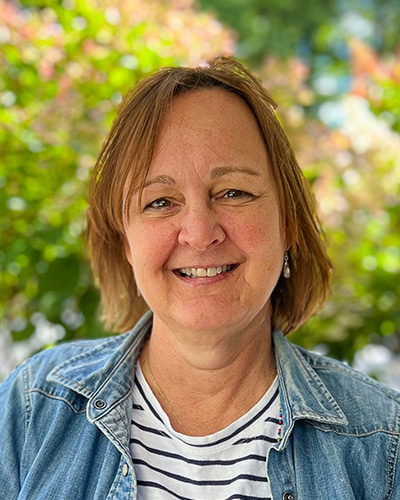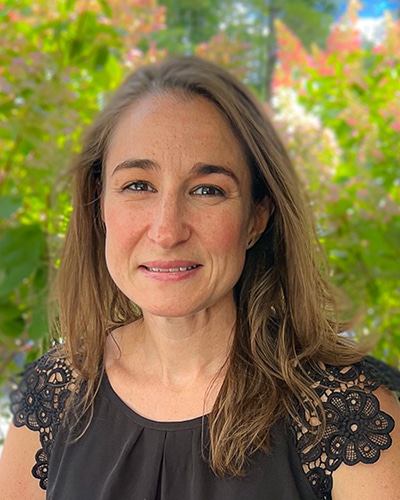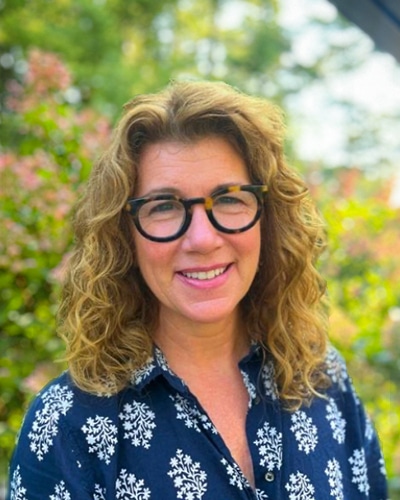Second Grade
Students deepen their understanding of place value and strengthen their fluency in addition and subtraction to work with larger numbers. They continue to develop skills in effective mathematical communication by explaining their thinking and describing the process they use to come to conclusions. Students explore real-life scenarios through such activities as making change with money, and collecting and representing survey data. They consider multiple approaches to solving problems, develop a variety of strategies for future problems, and learn from other points of view.
In Second Grade, instruction continues to focus on phonics, fluency, comprehension, vocabulary, and deepening our love of reading while increasing independent reading stamina and working towards higher level books. Children read daily in small groups, during independent reading time, and one on one with the teacher. Teacher read-alouds focus on story elements such as plot, characters, point of view, conflict, and conflict resolution. Reader’s Theater plays also support fluency, creativity, and joy in the written word.
Second Graders write personal narratives, nonfiction books, book reviews, biographies, stories, and poetry. Writer’s Workshop begins with a mini-lesson that focuses attention on a specific aspect of the writing craft, then students are given time to work on their own individual pieces. Students continue handwriting practice using Handwriting Without Tears, which provides explicit instruction in proper formation of letters and numbers. There is specific focus on grammar and sentence structure, and Words Their Way is used to support Second Graders’ transition from inventive spelling to more conventional methods.
Students explore BCD’s campus including the pond, forest, fields, and streams in Autumn and Spring. They focus on the plant life at BCD, studying trees, flowers, and ferns, as well as the animals around us. During the winter months, there is a focus on how animals cope with the New England cold–migration, hibernation, and adaptation.
Second Graders learn all about communities–BCD itself and its history, children around the world, and what communities need to thrive. Their work culminates in building a model community in the classroom with a variety of materials.
Through principles of Responsive Classroom, the children practice social skills. Weekly class meetings, written reflections, and read-aloud stories encourage students’ cooperation, accountability, empathy, and self-control. Creating a cooperative classroom environment, building positive relationships, and solving social problems are essential parts of the daily routine. Second Graders continue with their Character Strong curriculum with fun and interactive new lessons.
BCD’s music program is composition focused. BCD uses a blend of traditional and non-traditional music instruction in order to make music more accessible to all student abilities. Using an “Action Learning” approach to music instruction, students put into practice what they learn in class by creating music that is meaningful to them. Students explore composition through the utilization of Orff instruments, singing, ukulele, bucket drumming, and music technology.
Lower School students are introduced to projects to help them develop fine motor skills as well as basic art ideas and concepts through experimenting and discovery in different art mediums. The skills include drawing, painting, cutting, ripping and gluing. The concepts include some basic color theory (primary, secondary, complimentary colors), line weight, and basic composition. Some of the mediums include painting/drawing, collage, ceramic sculpture, pottery, and plaster.
Students in the Lower School participate in the Lower and Intermediate School chorus. They have a weekly chorus practice session and present joyful performances at school assemblies and gatherings.
Students begin their experiments in the Imagination Lab in Kindergarten which continues throughout their journey at BCD. Lower School students will have hands-on experience in the Makerspace and Imagination Lab, with engaging STEAM projects appropriate to their developmental level.
Lower School classes focus on the introduction of basic wilderness skills and to familiarize the students with the nature around them. Themes include Wilderness Safety, Plant & Tree Identification, Animal Adaptations, Hibernation and Migration, Winter Wildlife, Animal Tracking, Birds, and Nature Journaling. Each academic theme will feature lessons and interactive games and activities, creating a fun learning experience for the students.
In Lower School, the students participate in sequential activities designed to develop their motor skills, movement patterns, body & spatial awareness, balance, coordination, and ball skills. A variety of equipment will be utilized to help in the students development of these skills, including: balls, cones, hoops, jump ropes, etc. We are also focused on instilling confidence in the students, creating an encouraging and supportive environment where they feel comfortable trying new skills and aren’t afraid to make mistakes. Fair play and cooperation will be a focal point throughout the course, as we lay the foundation for team sports.
Department Faculty





